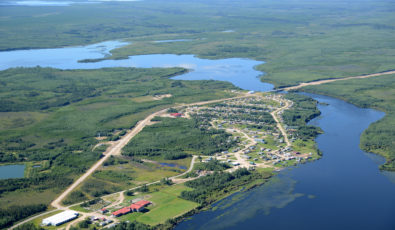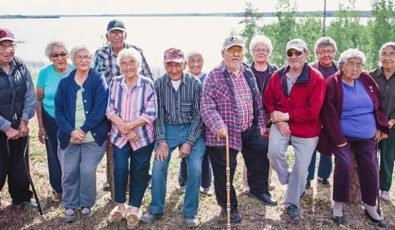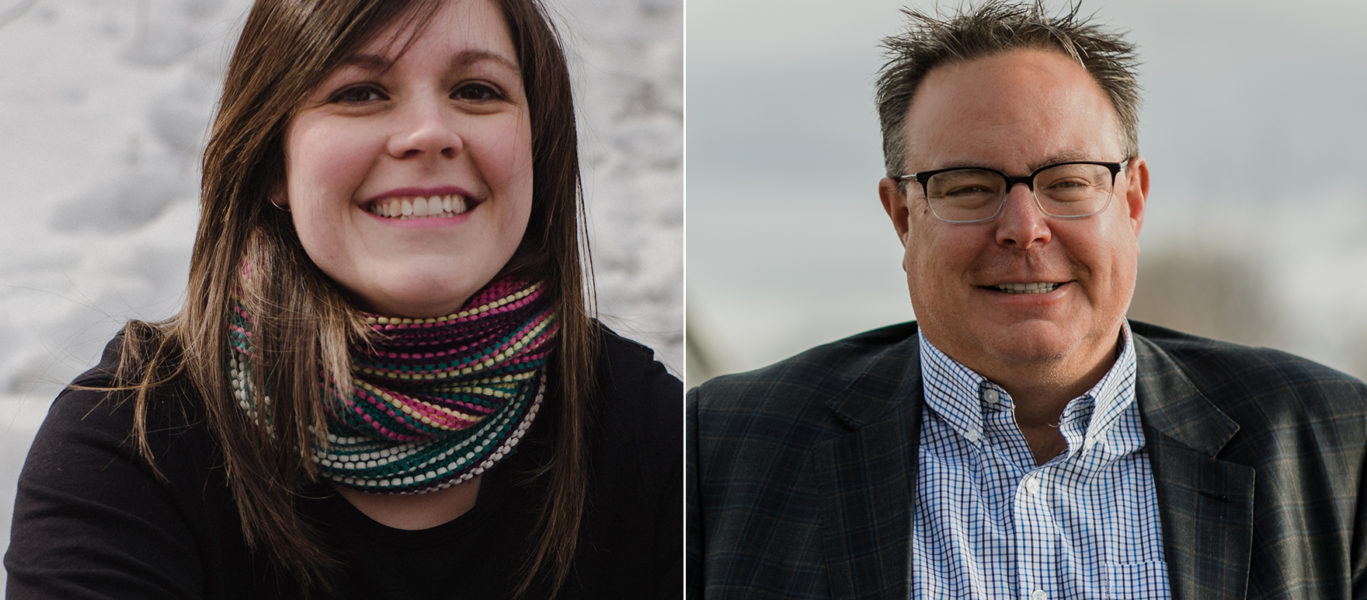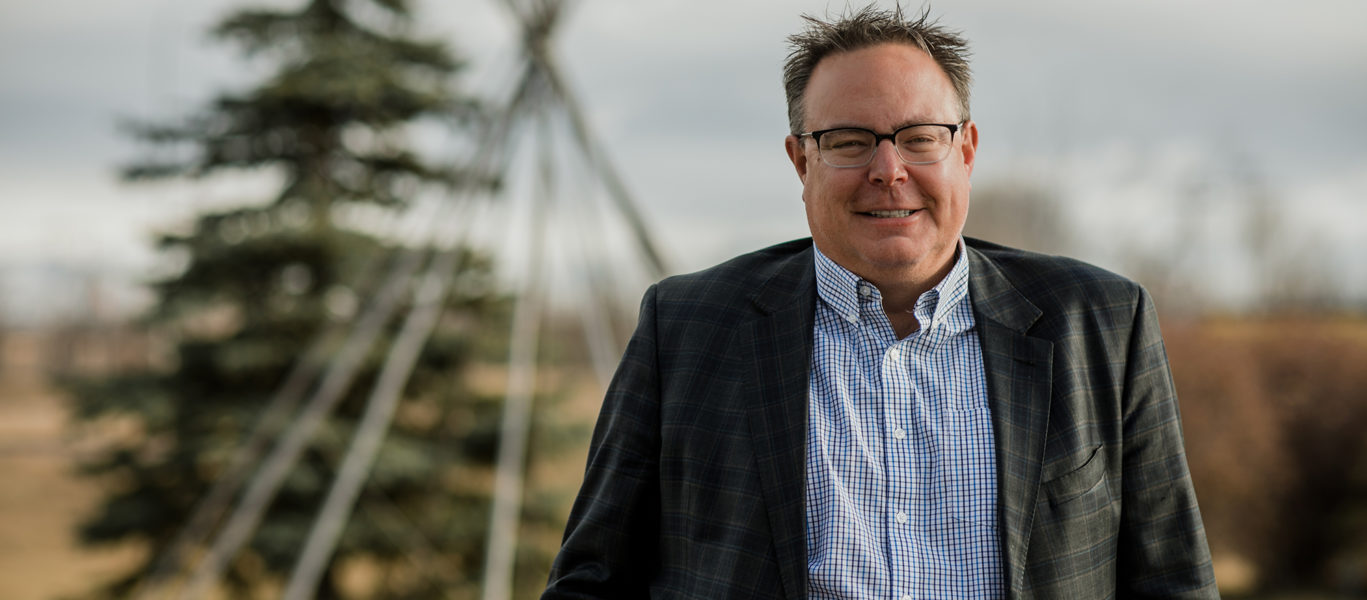Sean Willy has devoted his career to empowering other Indigenous people through economic development—and he has a lot to say on the subject, having spent more than twenty years in the resource industry. In 2017, Sean was appointed President and Chief Executive Officer of the Des Nedhe Group, which aims to grow sustainable employment and business opportunities for English River First Nation community members. To hear his perspectives on the relationship between reconciliation, Indigenous empowerment, energy and economic development, and net-zero, Andrea invited Sean onto The Climate Challengers podcast.

The first thing Sean wants you to understand is that, growing up in the Northwest Territories as the son of a mining executive father and First Nations mother, Indigenous inclusion was ingrained in him from an early age. “It was because it was the right thing to do,” Sean told Andrea, explaining that his father’s goal was to ensure Indigenous people were at the table for resource development projects because doing so would benefit all of Canada. Sean has never forgotten this.
The second thing Sean wants you to know is that he is firmly pro-nuclear, telling Andrea that “nuclear power offers us this baseload carbon-free option... And in Canada, we have world-class mining operations. We have world-class fuel fabrication in Southern Ontario. We have world-class nuclear power operators in Ontario and New Brunswick. If you understand that we have to decarbonize the planet, we have to be strong and we have to push nuclear.”
But Sean is also well aware of the hesitations Indigenous communities continue to have about nuclear energy. “It's funny, when you find diamonds and gold on Indigenous people's land… there's a little bit of excitement. When you find uranium, there's a little bit of apprehension.”
In Sean’s view, the best way to overcome these fears is by meaningfully involving Indigenous partners from the very start. “We want to be part of the environmental discussions. So if we're part of the environmental discussions upfront and our traditional knowledge, and our way of thinking was incorporated when you built a product, maybe it's more sustainable… If we're part of the ongoing monitoring of the environment while a project is going on, you're going to have a firsthand involvement from our elders and our knowledge keepers. And if we're involved in the reclamation and decommissioning aspects of it, we know [about] the disturbance of the land. So if you're building hydro or you're building a solar farm, or even putting in a small nuclear plant, you're going to get the land back to normal as much as possible with Indigenous involvement.”

Across Canada, Indigenous communities have been significantly involved in more than 197 clean energy projects over 1 MW, which according to one study accounts for 5% of Canada’s clean energy activities. This involvement ranges from Impact Benefit Agreements to direct ownership of projects. Sean’s work is focused on making sure this number increases, because he has seen firsthand the benefits of economic involvement and development for Indigenous communities.
“Our economic development corporation was set up for, yes, we want to create own-source revenue, but we also want to employ people because I think the biggest driver we can do is employ more people. To break the cycle of dependence and create role models for the future. And I think it's that holistic viewpoint that is why we're a game-changer for helping solve the climate change discussion right now,” said Sean. “And I think now as Indigenous people in this country, we have to take that business mindset and click that action in the concept.”
Reconciliation with Indigenous peoples in Canada is a vast, multi-generational process that the country has only begun to engage with. There is still lots of work to do, trust to build and relationships to mend. But looking at reconciliation through the lens of energy development offers some hopeful signs. OPG is committed to engaging with Indigenous communities as partners as it works to become net-zero by 2040—and beyond. With everything Sean has achieved throughout his career and at the Des Nedhe Group, there are many hopeful signs demonstrating how low emission energy projects can benefit Indigenous communities while also bringing the whole country closer to both net-zero and reconciliation. And for Sean, that is what being a Climate Challenger is all about.
“I think as a climate challenger… Indigenous people want to play a role in solving the carbon issue. And as an Indigenous group, leading the charge by raising our hands saying, ‘we want to invest in small nuclear reactors. We want to work on current nuclear reactors. We want to work in current nuclear plants,” concluded Sean.
Chief Whetung and Sean Willy: Indigenous perspectives on cleaner energy
Chief Whetung and Sean Willy: Indigenous perspectives on cleaner energy

The information, statements, comments, views and opinions expressed during this podcast are solely those of the program participants and do not necessarily represent those of Ontario Power Generation Inc. or its affiliates.


